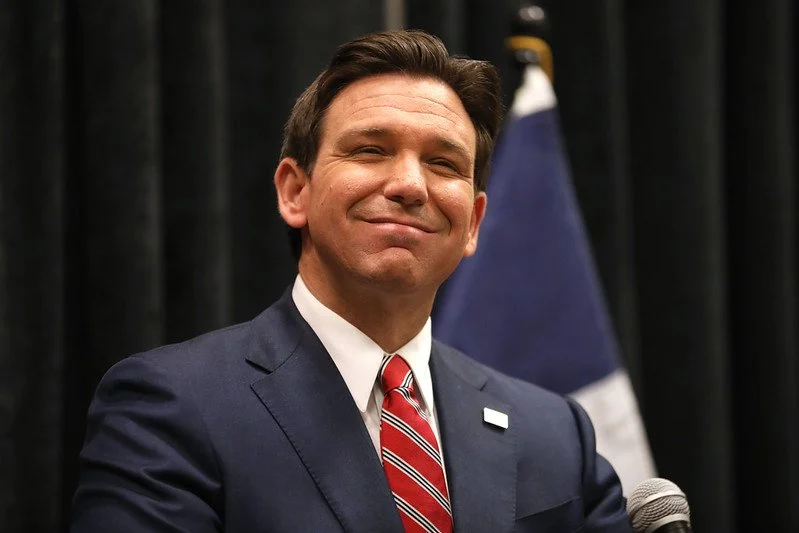Local Leaders Push Back on Tallahassee Overreach
ST. PETERSBURG — Tampa Bay leaders are intensifying criticism of Tallahassee’s new laws and initiatives targeting local governments. Officials say these efforts undermine local control, misrepresent finances, and threaten essential services.
In a five-page rebuttal to the Florida Department of Government Efficiency (FL DOGE), Republican County Commissioner Brian Scott accused the state agency of overestimating Pinellas County property tax revenues by $76 million and general fund spending by $81 million. Scott warned that many of FL DOGE’s 80 information requests — including diversity, equity and inclusion inquiries — are unrelated to property taxes and lack legal grounding.
“If they’re coming in with a predetermined political outcome in mind, then we might not get there,” Scott told the St. Pete Catalyst, stressing that the county already has one of the lowest debt levels among peers and has cut property tax rates in three of the past five years.
Commissioner Renee Flowers said Pinellas County faces $20 million in annual unfunded state mandates and sharply rising Florida Retirement System costs. She questioned the value of a rushed review during hurricane season that could rely on artificial intelligence to process “tens of thousands of pages of documents.”
FL DOGE’s push comes as new Florida CFO Blaise Ingoglia warns cities and counties to cut property taxes or face the prospect of a statewide constitutional amendment. Critics, including House Democratic Leader Fentrice Driskell, argue the audits target politically selected localities and distract from state failures on issues like the property insurance crisis. Rep. Lindsay Cross pointed out that most local property tax revenue funds police, fire, and infrastructure — services that would be gutted by the state’s proposals.
Tampa City Council member Luis Viera pointed to another flashpoint: Tallahassee’s preemption of the city’s apprenticeship ordinance. He has proposed redirecting enforcement funds to directly support state-certified apprenticeship programs in skilled trades. “Government should fight for the working class and middle class and those working hard to get there,” Viera said.
Local pushback is also mounting against SB 180, a new disaster recovery law sponsored by Sen. Nick DiCeglie. Intended to streamline post-hurricane rebuilding, the law also bars local governments from enacting new “restrictive” land-use rules until 2027 in counties affected by last year’s storms. Critics say the ban ties the hands of local communities and has nothing to do with storm recovery.
1000 Friends of Florida and multiple local governments warn the measure invites lawsuits from developers, nullifies years of local planning, and erodes environmental protections. Orange County’s Vision 2050 growth plan was recently declared void under the law, and cities like Deltona and Volusia County are weighing legal challenges.
“This legislative overreach ties the hands of communities striving to address urgent environmental, growth management, and disaster resiliency challenges,” said Paul Owens, president of 1000 Friends of Florida.
With FL DOGE audits widening and SB 180 already altering local land-use authority, counties and cities across Florida are bracing for prolonged fights over home rule, and over the balance of power between Tallahassee and local communities.

